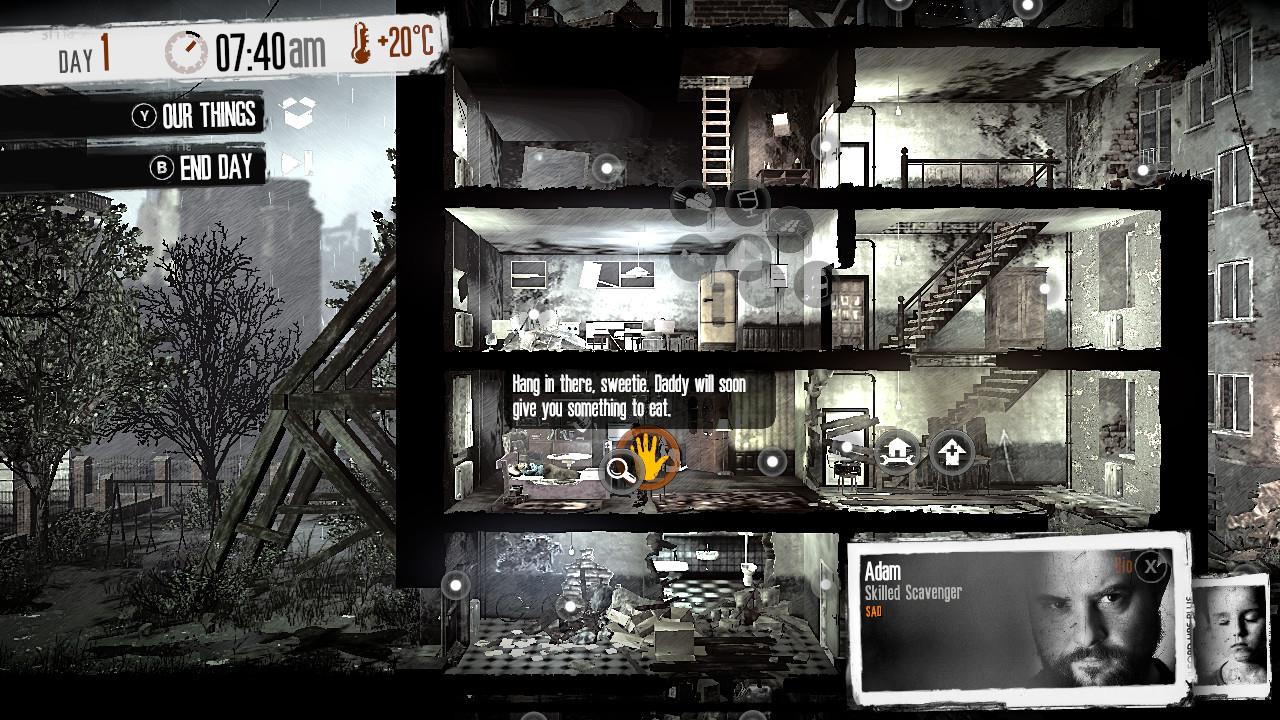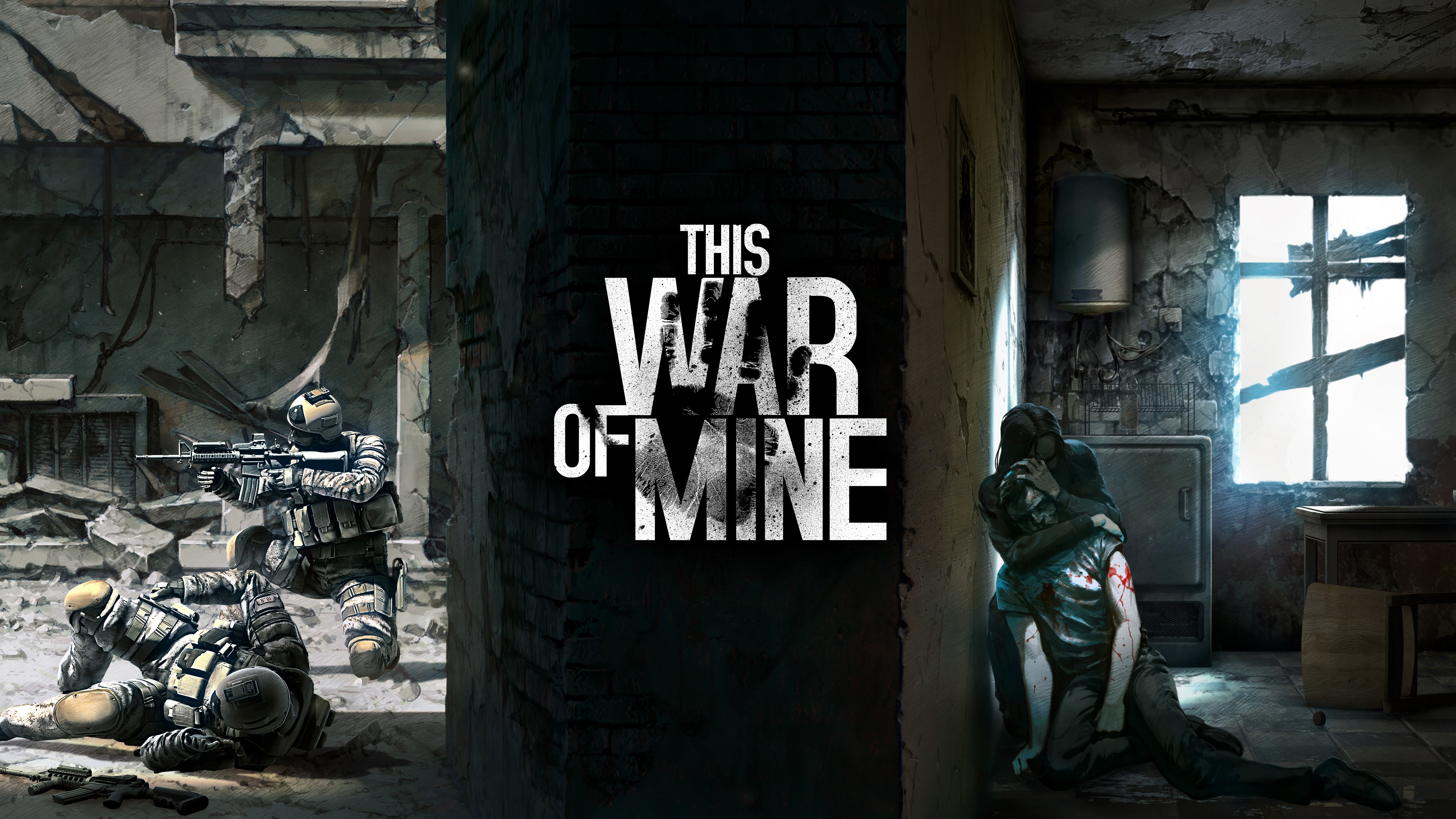

Conversely, if the player steals their medicines and supplies, the old couple begs and cries for the player for mercy, saying they will die without them (which they eventually do). If the player chooses to leave them in peace, the player loses the opportunity to take their supplies and the player's own group suffers.



Kauch explained that TWoM drew a lot of initial inspiration from Lucas Pope's masterful Papers, Please-a game that managed to cram a tremendous amount of story into what is effectively "Paper Stamping Simulator Pro." With TWoM, Kauch wanted to build an environment where you managed a group of survivors living among the post-war ruins, but as the prototype came together, it became obvious that what they were making wasn't quite hitting the right mark.įurther Reading Video: Amnesia: The Dark Descent’s horror relied on a bit of cheatingĪnything the player does with them is effectively wrong. Lead programmer Aleksander Kauch explained that one of the primary things developer 11 Bit Studios wanted to do with TWoM was to bring the stories of his grandparents to life-to put players into a place where joy and normalcy have been replaced by starvation and bleakness, where there are no good choices, and where the biggest and best thing you have to hope for is that you might scavenge enough supplies to live a few more days. This War of Mine's developers are Polish, and they come from a country and a culture that still bears the scars of post-war Nazi occupation. But as with many Steam sale titles, it's perhaps a bit less likely that you've played the game-and if you haven't, that's a shame, because it's damn good.īut it's also a hard game to experience-and I'm not talking about the difficulty level. The side-view, survival-horror adventure game is a perennial favorite on various Steam sales, and at least 4.5 million people have picked up a copy since its release in 2014. Click here for transcript.Ĭhances are good that you already have This War of Mine in your Steam library. Video shot by Dawid Kurowski, edited by John Cappello.


 0 kommentar(er)
0 kommentar(er)
